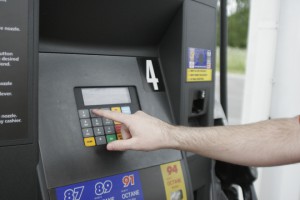The inconsistency of fuel prices that started in 2015 has instigated unpredicted shifts in the global economy. For 2016, the U.S. Energy Information Administration (EIA) predicted a much lower fuel price, averaging in the low of $2.xx per gallon.

Fuel, a fundamental resource that powers commerce, is expected to have a direct impact on the economy both local to global. To understand how fuel affects the economy, we can look at fuel consumption from a consumer level.
Higher gas prices mean that consumers have to pay more at the gas stations, leaving less to spend on other goods and services. However, if fuel price drops, economic activities increase and this results in more people buying, selling, and transporting goods.
The Effect of Gas Price Reductions
Not only does a lower gas price typically increase traditional retail spending, but online spending, too. Some online analytics suggest that online buyers increase spending during times of lower fuel prices, too. Theories as to the correlation tie into embracing lower shipping costs as a result of lower fuel costs.
Additionally, when gas prices increase, shipping costs increase. To offset profit losses during fuel increases, retailers have no choice but to raise the prices of their products. When the cost of shipping goes down, retailers can remove the shipping padding that was previously applied.
Fuel prices are unpredictable. They’re sensitive to shocks in both demand and supply. There are also political considerations at play. Regardless of how the economy runs, as of now, take advantage of the low fuel prices.
